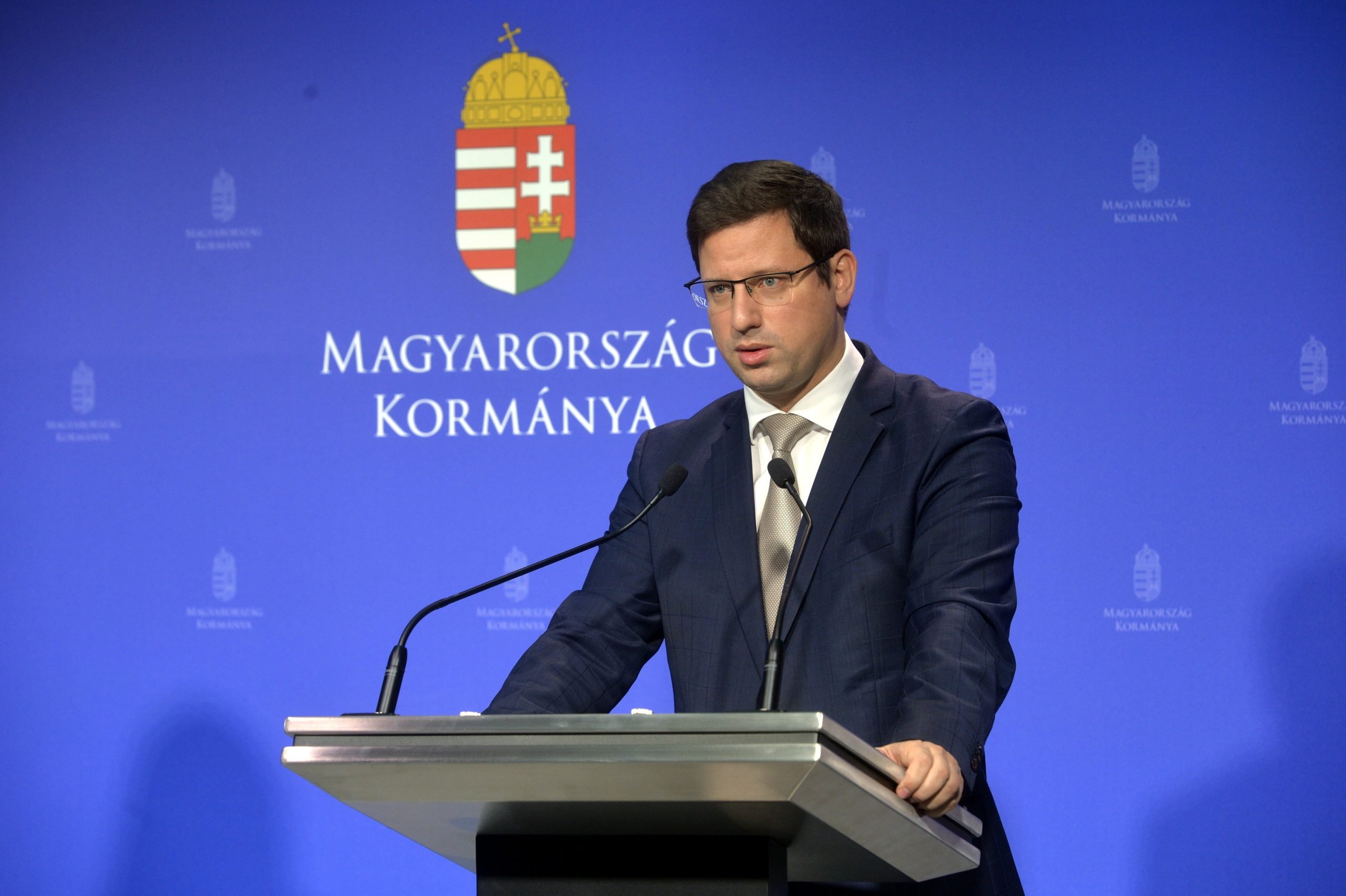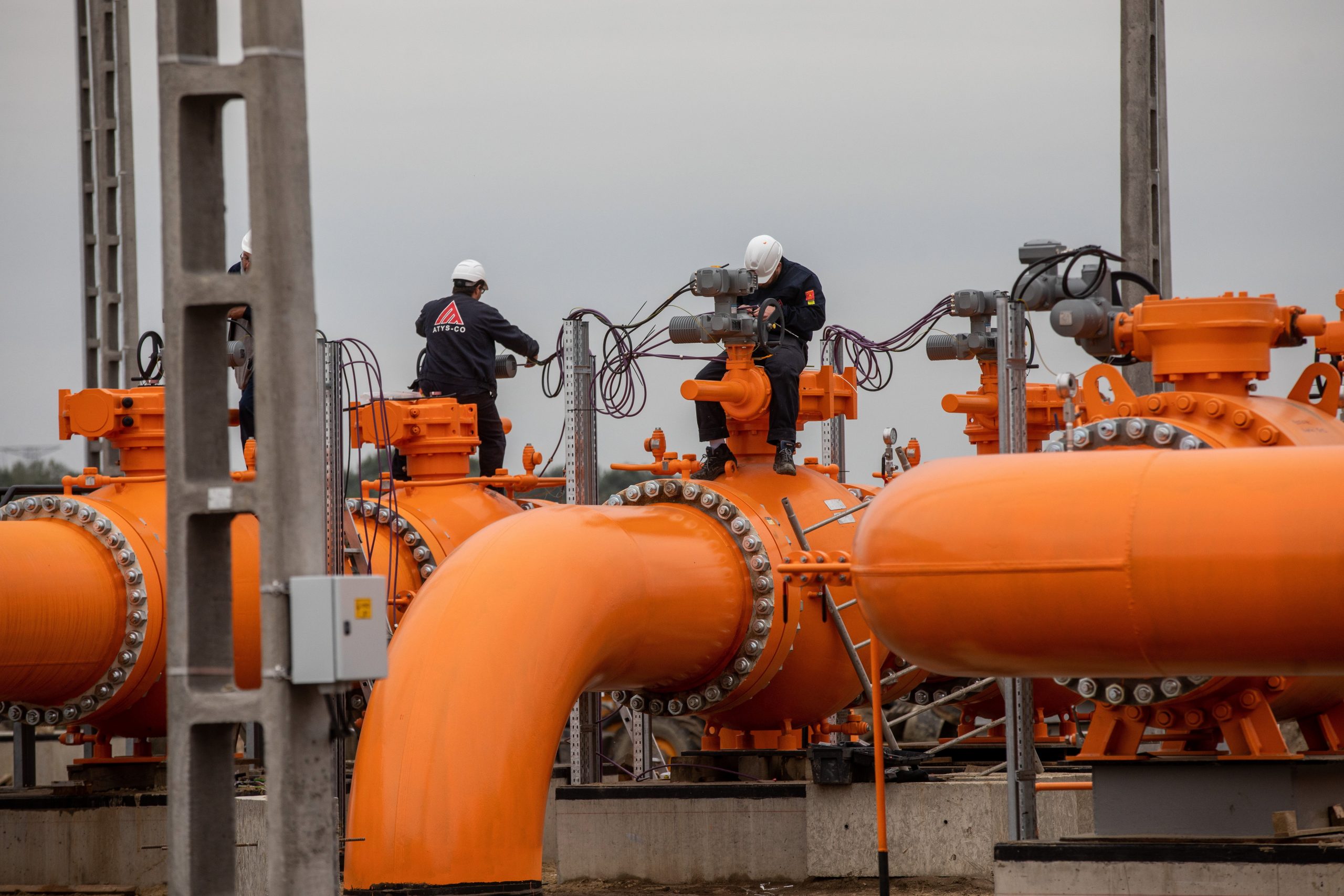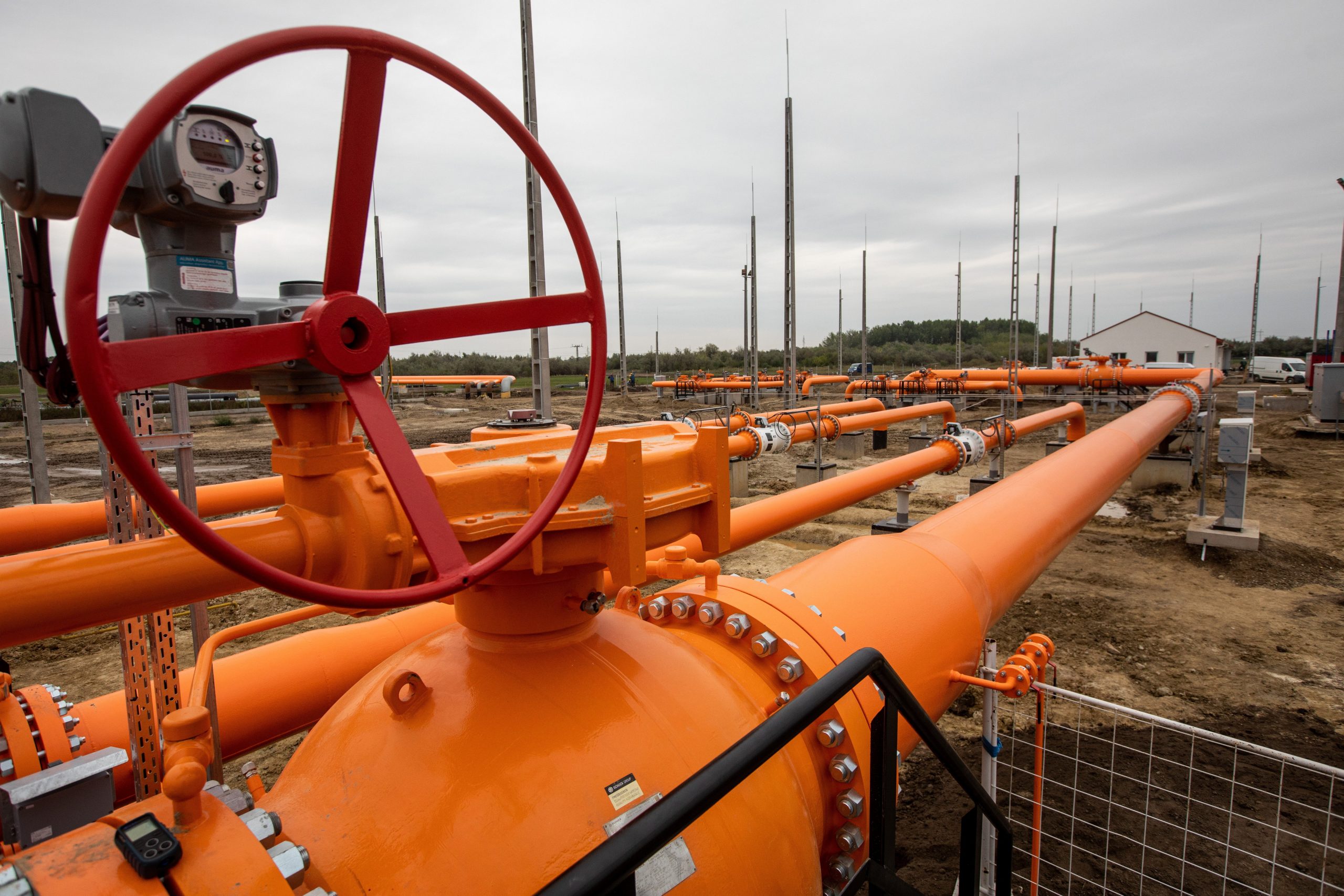
The European Union should withdraw its earlier decisions and should not approve sanctions that would make it impossible for member states to import Russian oil and gas, Gulyás said.Continue reading

As reported by the German portal ZDF, three EU countries are said to have withdrawn their veto against the sixth EU sanctions package, which includes the Russian oil and gas embargo; one of them would have been Hungary. But this report was denied by government spokesman Zoltán Kovács. The head of the Prime Minister’s Office, Gergely Gulyás, also discussed the matter over the weekend. According to Gulyás, the Hungarian government will not allow Hungarians to pay “the price of war.” Germany, Austria, and Slovakia, as well as Spain, Italy, and Greece, were previously considered “brakemen” in the oil embargo. Kyiv has insisted since the beginning of the war that the Russian offensive can only be stopped if European Union sanctions include an embargo on Russian gas and oil. Ukrainian Foreign Minister Dmytro Kuleba also recently called for this.
This article was originally published on our sister-site, Ungarn Heute.
“It now seems that nothing stands in the way of an EU oil embargo,” reports German broadcaster ZDF. According to the news channel, hesitant countries such as Austria, Hungary, and Slovakia have withdrawn their veto. In the background are plans for a sixth EU sanctions package.
ZDF referred to a high-ranking EU diplomat who admitted that the German government’s declaration of support for an oil embargo against Russia may have been the decisive factor in this. Florian Neuhann, a ZDF correspondent in Brussels, said the embargo would be decided in the next few days, but that the debate would not be concluded for months.
Neuhann tweeted:
Signs point to EU oil embargo against Russia: senior diplomat confirmed to me in the evening that the remaining member states (such as Hungary, Slovakia, Austria) had also withdrawn their veto after intensive talks over the weekend.”
The State Secretary was reacting to news that Hungary had withdrawn its veto on the Russian oil embargo. PMO head Gulyás also confirmed the same position over the weekend.

The European Union should withdraw its earlier decisions and should not approve sanctions that would make it impossible for member states to import Russian oil and gas, Gulyás said.Continue reading
Over the weekend, Minister Gulyás said that the most important thing is for the European Union to reverse its previous decisions and not to adopt sanctions that would make it impossible to import Russian oil and gas. Otherwise, Hungary would have to buy these raw materials at much higher prices, with which it would not be possible to ensure the reduction of rationing, heating, and the functioning of the economy.
Gulyás reiterated that “we should not impose sanctions that punish primarily ourselves and not those we want to punish.”
He also pointed out that the European Union has not imposed sanctions that would make it impossible for anyone to pay for Russian gas in rubles, and that this is regulated by a civil law contract between states and companies. In other words, the only condition for a change in the contract is a concurrence of wills between the two parties. At the same time, the Hungarian state does not pay for gas in rubles because it has opened a euro account to which the price of gas is transferred in euros and then converted into rubles by the bank, he said.
Germany imports about one-third of its total oil supply from Russia. In the past, Berlin has been one of the main opponents of European Union restrictions on Russian oil and gas purchases.
The reason for Germany’s turnaround is likely to be its recent success in finding alternative oil suppliers, according to ZDF. Economics Minister Robert Habeck announced on Tuesday that it had succeeded in reducing Germany’s dependence on Russian oil from 35 percent before the start of the Ukraine war to 12 percent within eight weeks.
Now, however, there is a good chance that this will only be possible at very high prices, which could cause Hungarian energy company MVM serious difficulties in the second half of the year at the latest.Continue reading
First of all, there should be a unified decision on this. After that, it will also still be questionable when the sanctions against gas supplies from Russia could be introduced. According to ZDF, one suggestion could be to allow imports of Russian oil to continue until the fall or even into the winter. Jörg Kukies, one of Chancellor Scholz’s closest advisors, told the Financial Times on Sunday:
We want to stop buying Russian oil, but we need some time to find other sources of oil for our country.”
Finally, the portal adds that an alternative to the import ban could also be the introduction of price caps for oil from Russia. Proponents argue that they could also ensure that Russia earns significantly less money from energy exports – but at the same time, the risks for the European economy should be lower.
Featured image: A high-pressure natural gas pipeline at the Kiskundorozsma International Metering Station on September 30, 2021. Photo by Tibor Rosta/MTI
Array
(
[1536x1536] => Array
(
[width] => 1536
[height] => 1536
[crop] =>
)
[2048x2048] => Array
(
[width] => 2048
[height] => 2048
[crop] =>
)
)